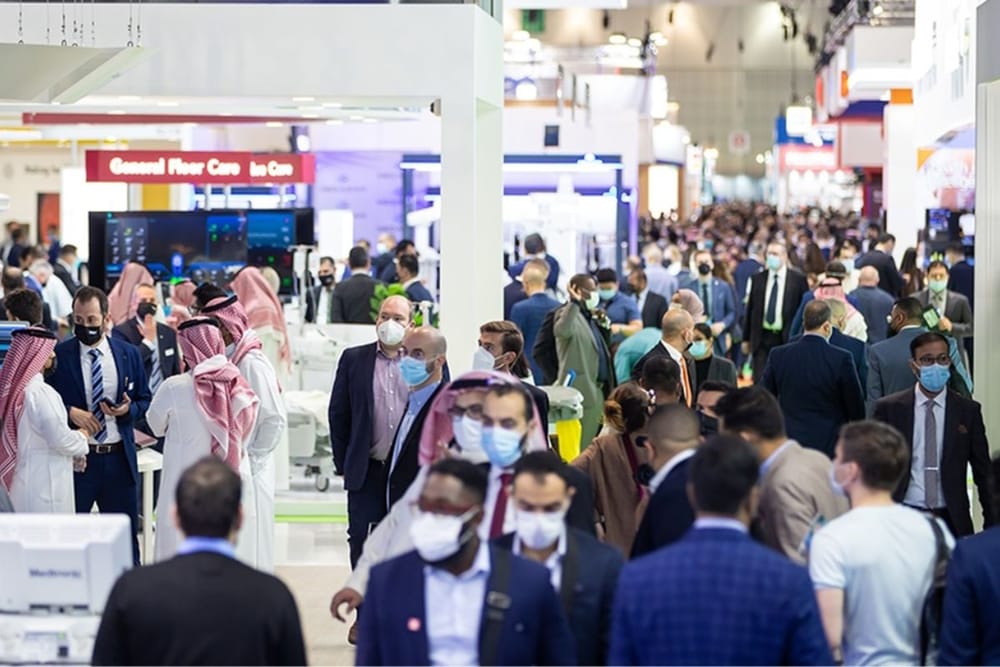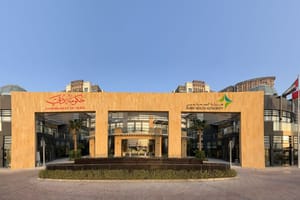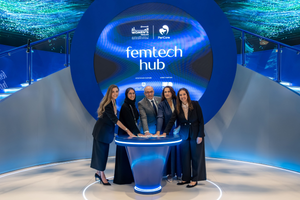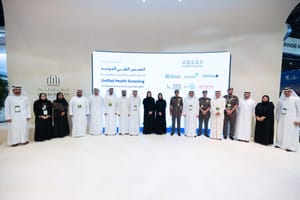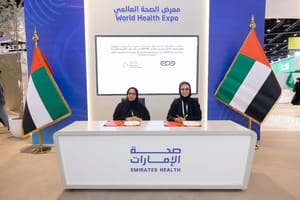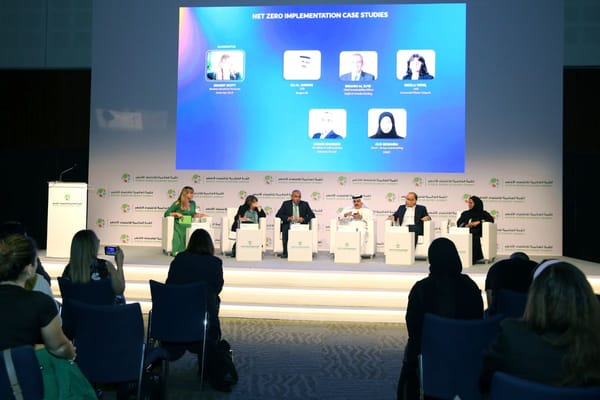Running a laboratory consumes a considerable amount of resources and energy, which can be a significant burden on the environment.
To highlight the issue, Medlab Middle East will gather a panel of global experts at the ‘Sustainability in the Laboratory’ conference, a CME-Accredited conference which takes place on 8th February at the Medlab Middle East Congress.
Studies show that laboratories consume ten times more power and four times more water than commercial office space. Furthermore, laboratories generate 5.5 million metric tonnes of plastic waste annually. As a result, many laboratories and pharmaceutical businesses are taking steps to future-proof their operations and minimise their impact on the environment.
Dr Nehmat El Banna, Clinical Pathology Specialist and CEO of Freiburg Medical in Dubai will be speaking at the Sustainability in the Laboratory conference and believes the topic to be a vital element of the healthcare system in general:
“Laboratories are a significant player in the healthcare industry and are known to be the highest users of energy in the sector. Climate change has a direct consequence on human health. There will be higher temperatures, more adverse weather events, and poorer air quality which will lead to more illnesses, and infectious diseases will spread more easily. All of this will place a greater burden on the healthcare industry.”
She continued,
“While climate change is a complex issue with many contributing factors, the health of future generations is of paramount importance to us as a sector. We must, therefore, address the environmental footprint of laboratories and take action to mitigate the effects of our operations.”
For the past five years, Freiburg Medical has been implementing sustainable practices across its UAE facility. This includes using energy-efficient LED lighting, reducing water usage, and utilising more environmentally friendly instruments. Additionally, the company works closely with its suppliers to ensure that sustainable practices are adopted.
Tom Coleman, Exhibition Director, Informa Markets Healthcare, agrees that even small initiatives can make a difference. He said
“As the region’s largest medical laboratory exhibition and congress, sustainability has become a paramount focus for Medlab Middle East. Even small conservation efforts can lead to significant environmental and cost benefits for laboratories, this is why laboratory sustainability is becoming a top priority.”
In the absence of official guidelines, laboratories can adopt simple strategies to reduce their energy consumption. For instance, turning off unused lights and equipment, and replacing traditional lighting with LED lighting which offers better light quality and consumes less energy. Moreover, it is essential to conduct regular equipment checks and maintenance, use tap water instead of pure water, and separate waste.
Laboratories rely heavily on plastic products such as gloves, tubes, flasks, beakers and single-use pipette tips. By introducing a plastic recycling process and reuse programmes, labs can reduce their waste. Laboratories can also use ACT labels - similar to an eco-nutrition label - which outlines the Accountability, Consistency and Transparency in production, energy and water consumption and end-of-life disposal for laboratory items.
The Sustainability in the Laboratory conference will feature experts from the UAE, US, UK, and Germany who will share success stories and strategies for building a green culture in laboratory facilities. Attendees will learn how to implement sustainable practices that can improve efficiency and reduce the environmental effects of their operations. Adhering to these practices could lead to benefits such as a reduction in harmful waste and increased productivity.
News Source: Emirates News Agency
